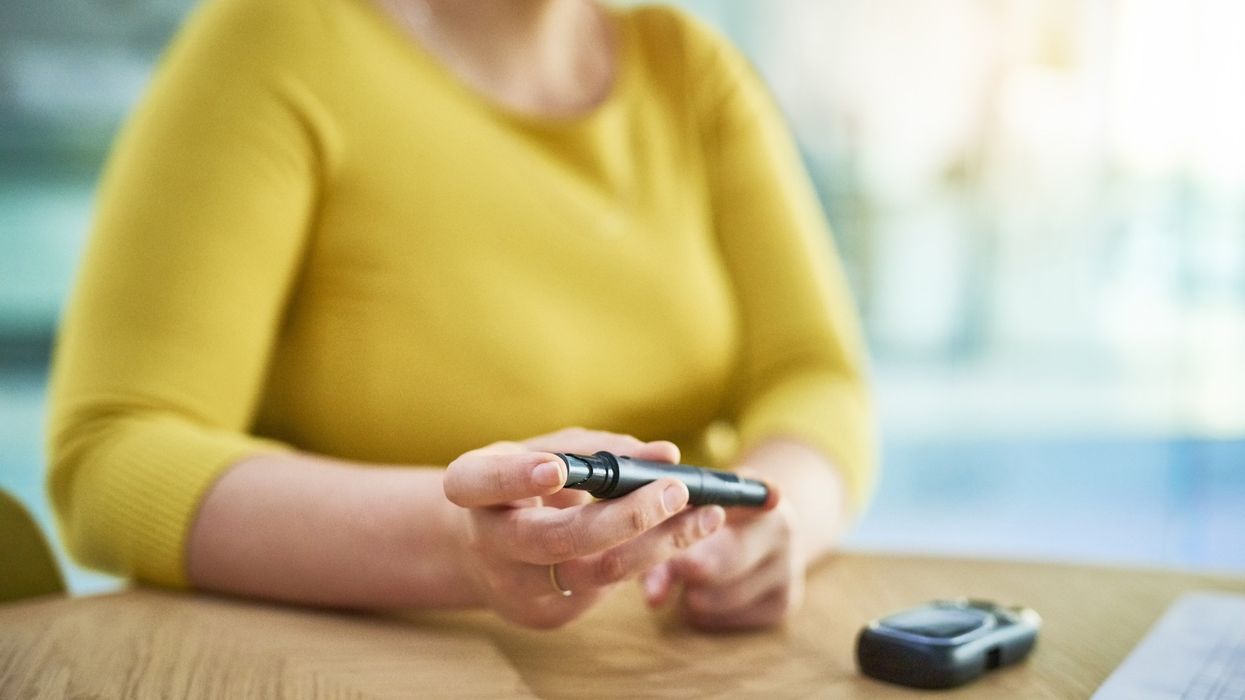With two in three adults overweight in the UK, there has been a 39 per cent rise in the number of people under 40 being diagnosed with type 2 diabetes in the last six years, according to media reports.
The new figures from Diabetes UK show that cases of type 2 diabetes among under-40s have increased to almost 168,000 from 120,000 in 2016/17.
Diagnoses are rising at a significantly faster pace than among over-40s, for whom the increase was 25 per cent in six years, and people from black and South Asian backgrounds are at a greater risk.
Diabetes UK chief executive Colette Marshall said the rise in type 2 diabetes among children and young adults was alarming and called on ministers to urgently address the crisis.
She said the changes in food habits over the last 25 years was taking a toll on our health. They are increasingly high in fat, salt and sugar.
This combined with genetic factors and stark inequalities was driving up obesity and increasing diabetes risk, she added.
The report blamed “gross inequalities”, with people from the most deprived areas and those from black and South Asian backgrounds more likely to develop the condition.
It said that ultra-processed foods and products high in fat, sugar and salt had become “normalised” in children’s diets, with poorer parents powerless to curb them.
It said people faced a more aggressive and acute form of diabetes when it developed at a younger age. They are at an increased risk of falling prey to heart and kidney ailments, sight loss and even an early death, it added.
The report said thousands are living with the condition undiagnosed. Analysis suggests half of the people aged 16 to 44 with type 2 diabetes are unaware they have it.
The report warned about the growing impact on the economy, with 43,000 people out of work as a result of long-term sickness “primarily because of their diabetes, a 79 per cent increase since 2019”.
The number of people living with diabetes in the UK now tops 5 million.
Health minister Andrew Stephenson said the government was committed to tackling the causes and effects of type 2 diabetes.
He said the government has reduced sugar in everyday foods, introduced mandatory calorie labelling on menus, and expanded the NHS soups and shakes programme to help thousands more people.
However, shadow health secretary Wes Streeting has attacked the Conservatives for being soft on junk food advertising.
Britain has one of the highest obesity rates in Europe and the NHS spends £6 billion a year treating obesity-related ill-health.












